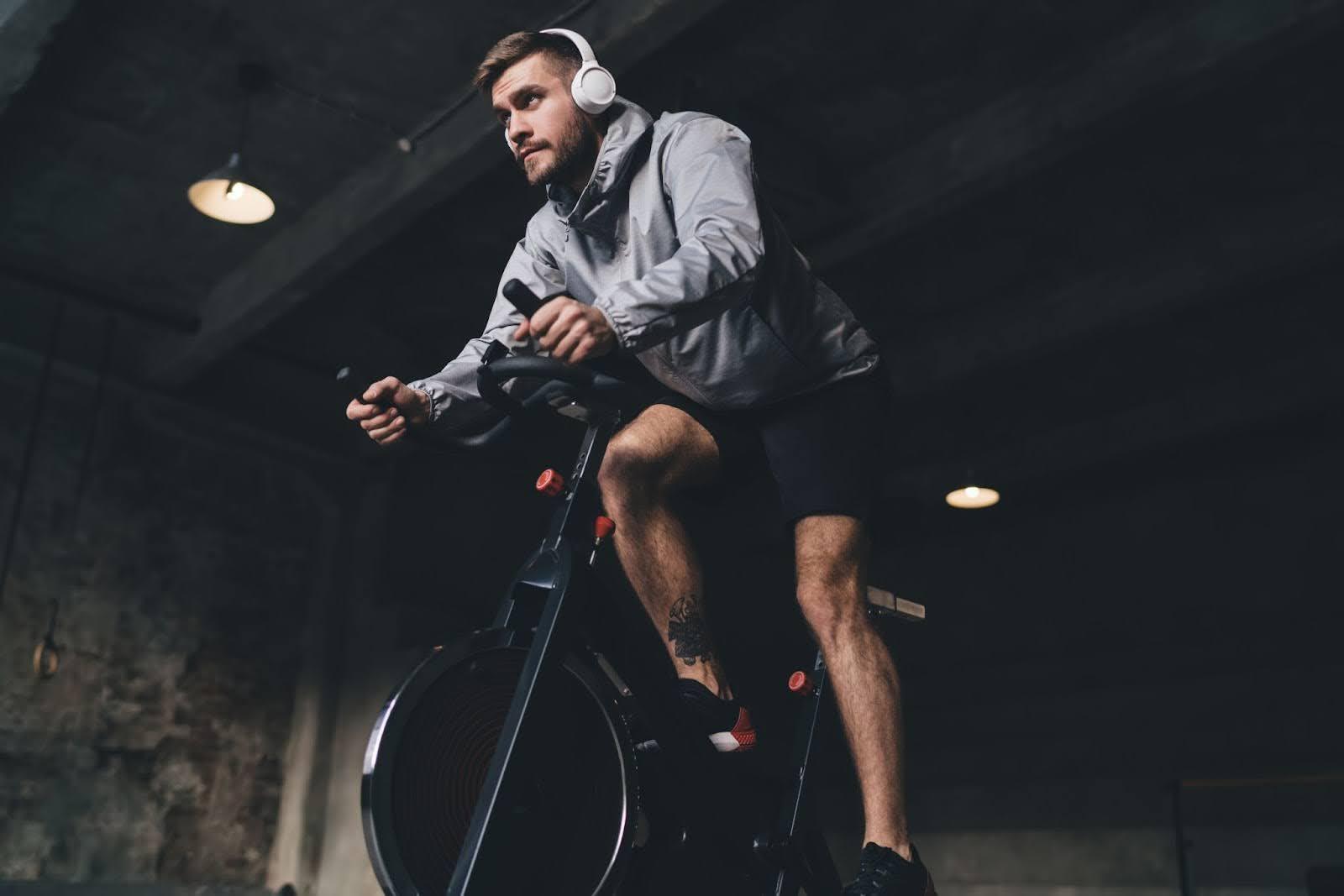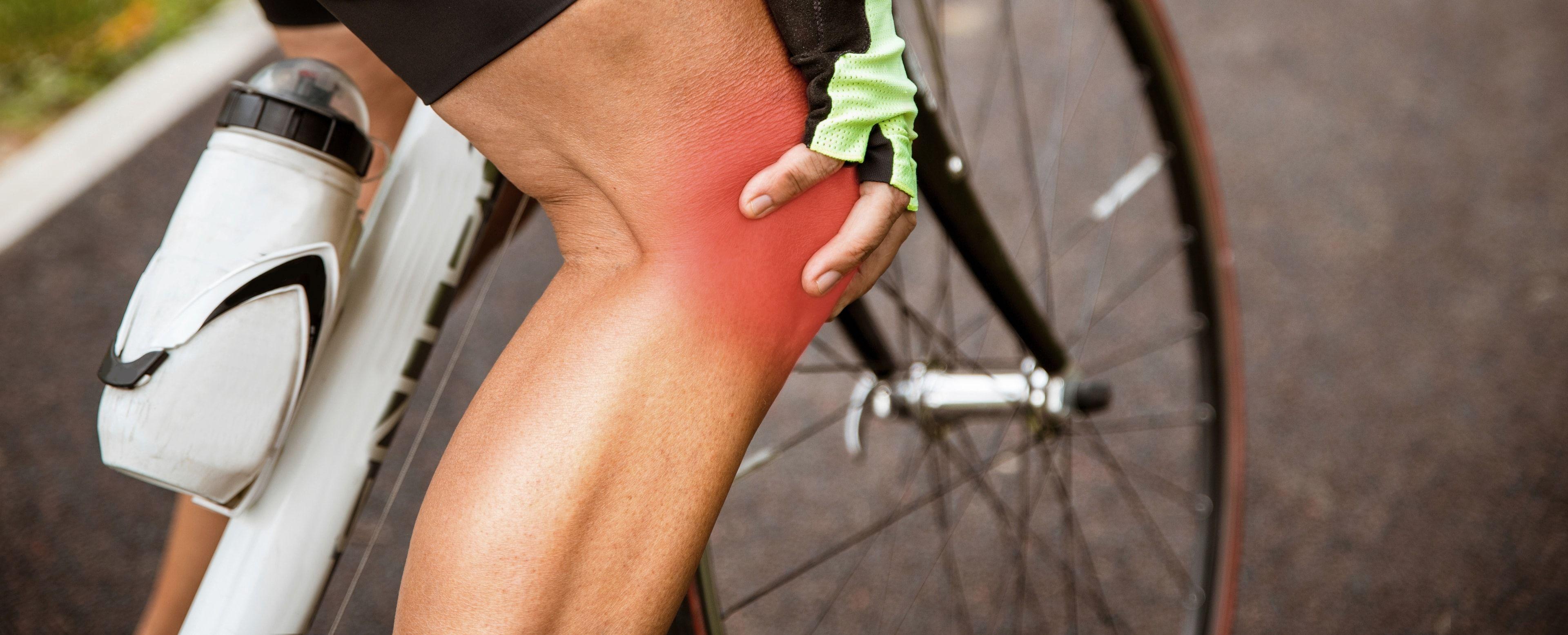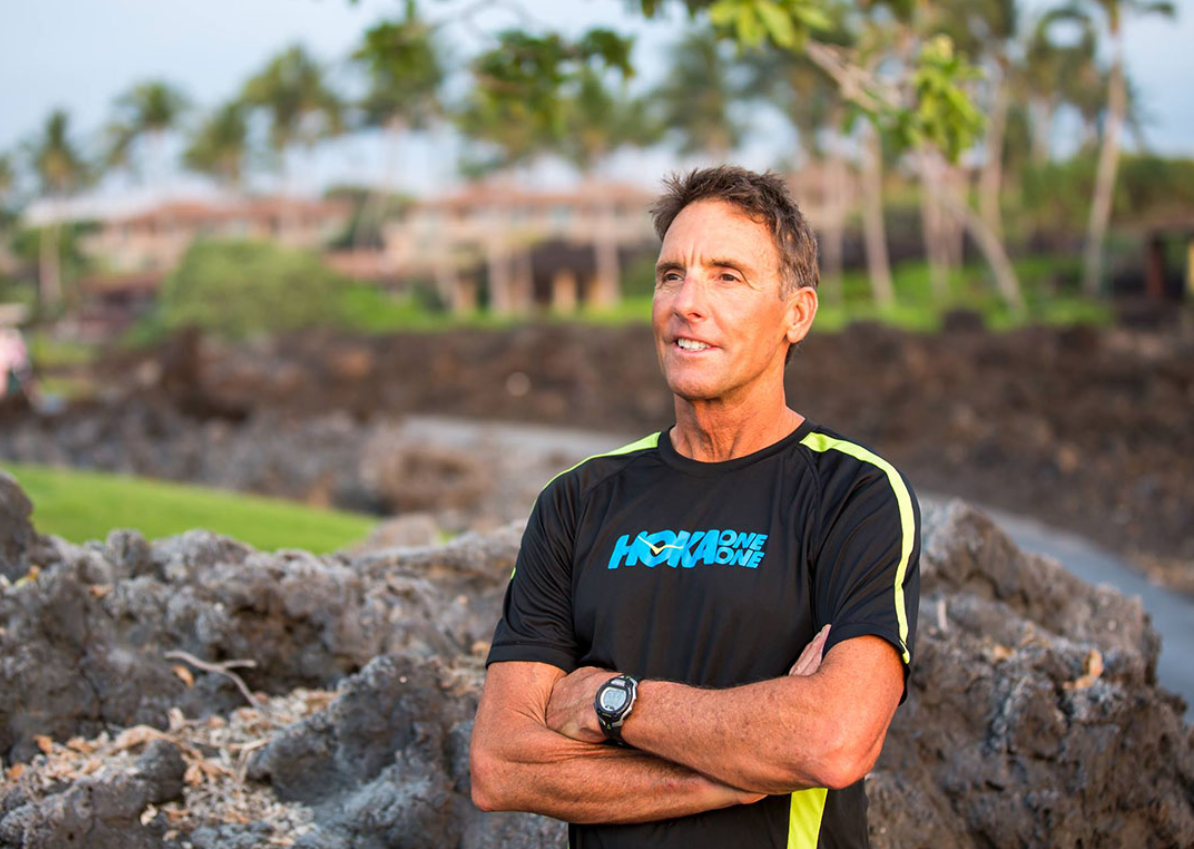Why Mental Health Matters for Cyclists
Mental health is just as important as physical strength for people who ride, yet it's often overlooked. Whether you're a recreational rider or an Olympic hopeful, your mind needs as much care as your legs. This guide is for anyone who uses cycling - or wants to - as a tool for mental wellness, especially if you’re experiencing mental fatigue, burnout, or lack of motivation.
I can relate. When divorce left me with low self-esteem and anxiety, I turned to cycling. I regained my self-esteem, learned to conquer hard things, and improved my overall well-being. Which leads to the question - how does cycling enhance mental health?
Opening Up About Mental Health in Endurance Athletes
Mental health is a wide spectrum, ranging from basic emotional well-being to life-disrupting disorders like anxiety and depression. There is a strong connection between endurance sports, like cycling and triathlon, and mental health.
On one end of the spectrum, cycling can have positive effects on mental health. On the other end of the spectrum, high-level endurance athletes can suffer mental health challenges from the pressures of sustained training.
Turn Your Bike into a Self-Care Strategy
Brain-boosting endorphins, mindfulness, stress relief, stability, and routine all contribute to better mental health. With this knowledge, we can harness the power of cycling to make it a tool for emotional self-care.
Movement boosts emotional clarity, promotes the processing of emotions, and regulates mood. It provides an opportunity to create community, experience accomplishment, and build self-confidence and self-esteem. Cycling increases resilience, and resilience creates emotional stability.
Brain on Bikes: The Science Behind Cycling and Mental Health
A recent study published by Neurology indicates that cycling can significantly reduce the risk and impact of dementia in middle and upper age. Not only does cycling have long-term benefits, it has short-term benefits as well. Does cycling help with anxiety? It does!
Aerobic exercise, like cycling, stimulates the release of feel-good endorphins. These brain chemicals elevate mood and increase pain-relieving neurotransmitters. A single aerobic event can stimulate these chemicals for a good 24 hours, but regularly engaging in aerobic activity is associated with a more consistent increase in dopamine and serotonin, key mood-boosters.
In the study, Effects of Exercise and Physical Activity on Anxiety, by Elizabeth Anderson and Geetha Shivakumar, exercise is shown to reduce anxiety and depression. Endurance exercise works through releasing mood-enhancing brain chemicals, promoting self-esteem, and increasing the body's ability to adapt to physical and emotional stress. Scientists may not know exactly how it works, but there is no question that intense aerobic activity, likes cycling, can reduce anxiety and depression.
Mindful Miles: The Meditative Power of Cycling
Mindfulness and staying present are both essential aspects of mental health. You can create this meditative state on the bike.
Flow state and mindfulness on the bike
According to Psychology Today, "Flow is a cognitive state where one is completely immersed in an activity... It involves intense focus, creative engagement, and the loss of awareness of time and self."
When you are deeply absorbed in riding, you feel freer, lose all sense of time, pedal easier, and stresses fade away. Intense focus can be one of the reasons that cycling helps with emotional regulation.
Quiet Miles, Quiet Mind: Why solo riding can be mentally clarifying
While group riding increases your sense of community, riding solo can be mentally clarifying. Riding at your own pace gives you quiet to allow your thoughts to wander and dissipate. The repetitive nature of cycling… the rhythm of your cadence, the steady breathing, brings you into flow, promoting a feeling of peace, well-being, and a clear mind.
Indoor Cycling and Depression and Mental Health: How ROUVY Fits In
Don't discount the mental health benefits of exercise, especially when it comes to indoor cycling .
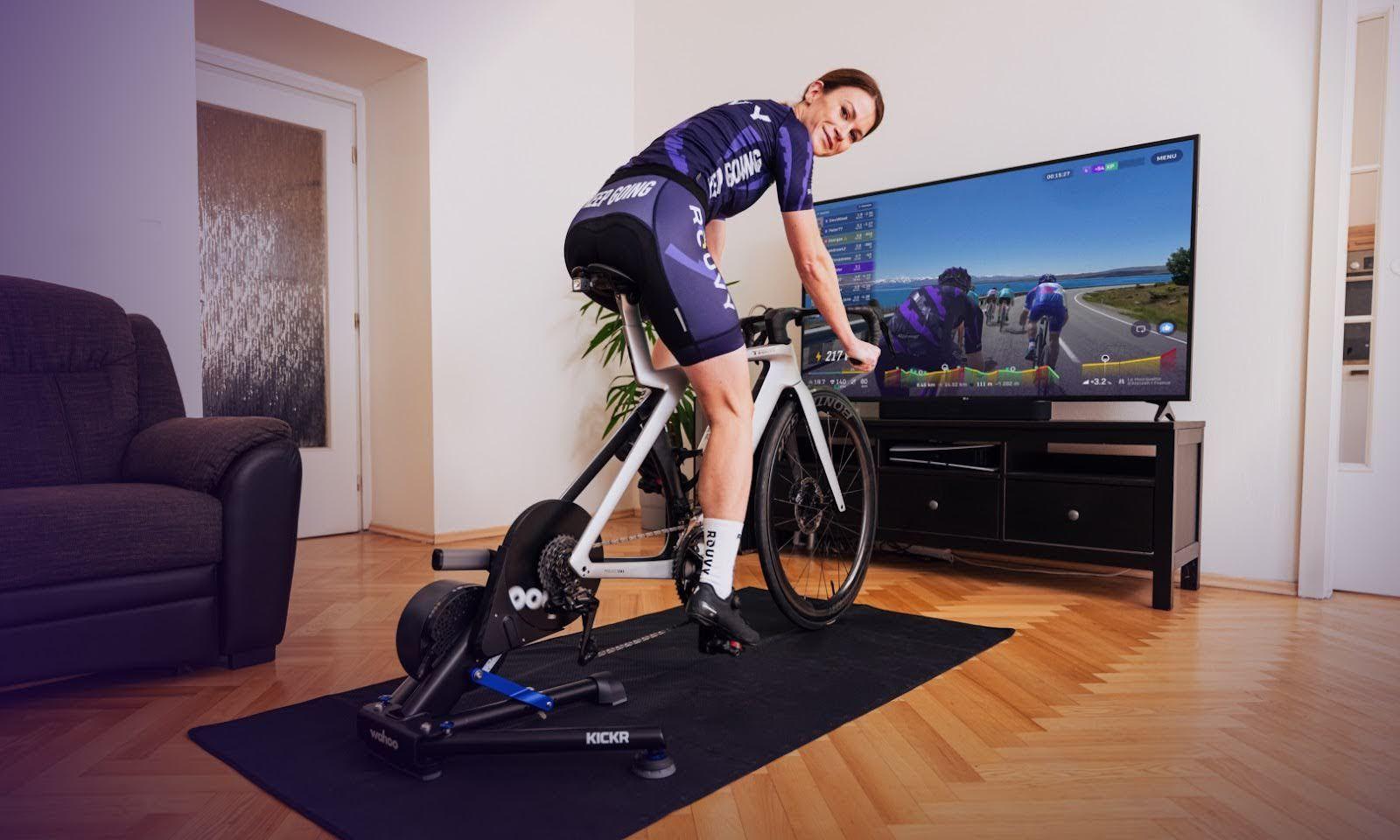
Virtual Cycling and Mental Health: Beating seasonal depression with virtual rides
Winter days are short, and the lack of daylight is a trigger of seasonal depression. Short, winter days with freezing temperatures aren't conducive to outdoor rides, but virtual rides pack a lot of punch in beating seasonal depression.
Mood-boosting exercise is the first line of defense against seasonal depression. Routine workouts create stability in your schedule that promote well-being. ROUVY helps by providing an immersive environment with real-world routes that can trick the brain into feeling better, and simulating light and movement help your brain shutter the effects of SAD. And while your local cycling club may be on hiatus, you can still make social connections on ROUVY's platform so you don't feel alone and isolated.
Of course, you'll be able to focus your efforts on ROUVY's platform, whether riding group rides, targeted workouts, or racing against your virtual buddies. You'll continue a sense of progress all winter long, which also contributes to your emotional health.
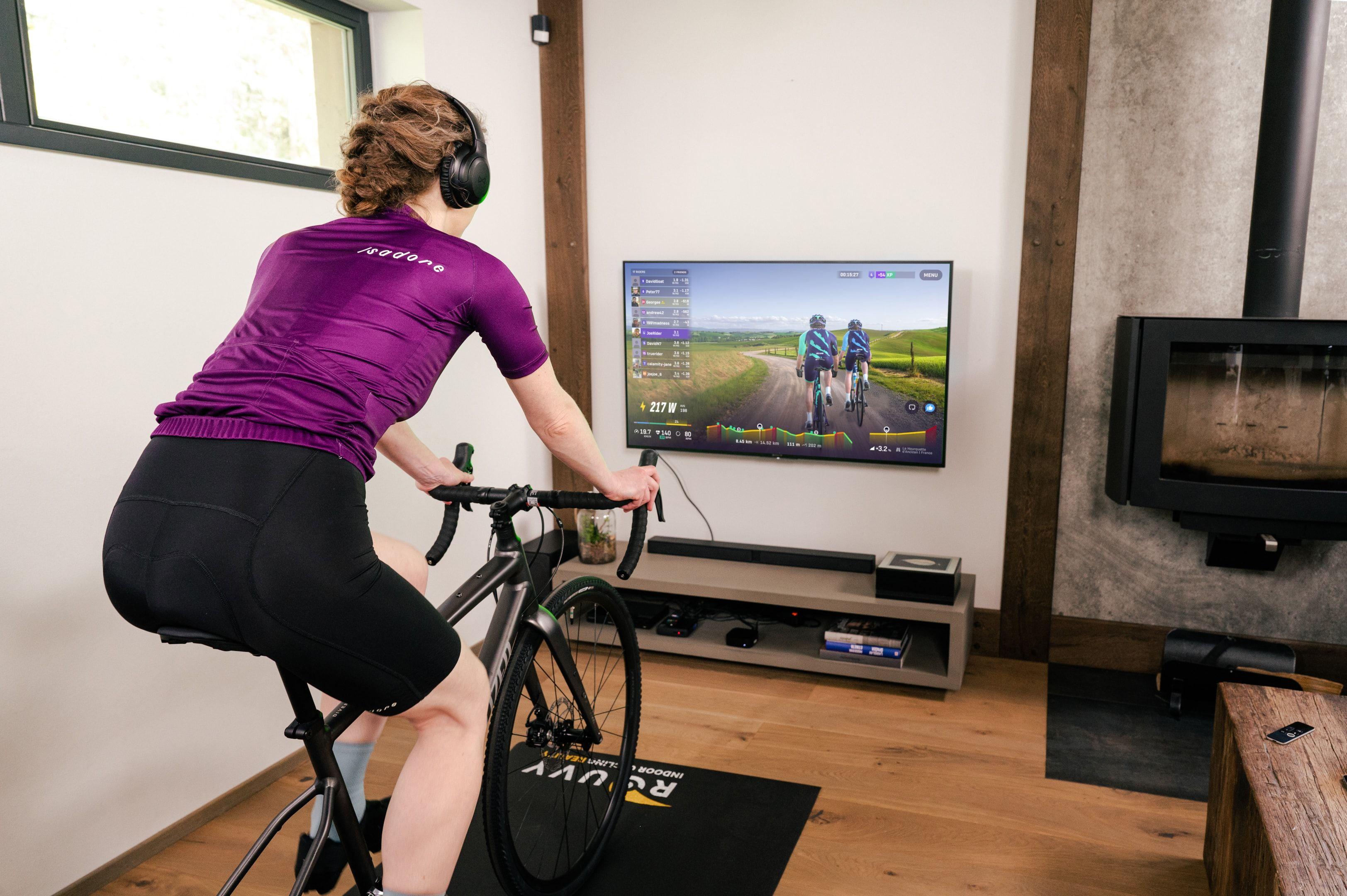
Building Routine and Purpose Through Structured Training
Structured training helps you achieve cycling goals through regular workouts and a solid training routine. This can instill a sense of purpose in your riding with a series of achievable goals. Each small victory fuels resilience, proving that consistent effort leads to greater achievements.
Shared Miles, Shared Motivation: The Power of Riding Together
You don't have to feel alone on indoor rides. ROUVY brings riders around the world together. You can cheer each other on and there's always someone to ride with. Group rides, races, and other fun events give you something to look forward to and a way to meet new bike friends.
Managing Burnout, Stress, and Anxiety Through Cycling
How to ride with intention, not obsession: While it's essential to ride regularly to keep making gains, it's also important to be flexible, take a break when needed, or enjoy a night out with friends. Sometimes it's just as important to ride for fun as it is to ride for fitness; otherwise, we can end up burned out or overtraining.
Warning signs of overtraining or mental fatigue
The symptoms of burnout and overtraining can sneak up on you. If cycling is taking over your life, you might experience:
- Irritability
- Loss of joy or purpose
- Performance decline despite consistent training
- Fatigue that doesn't go away with sleep
- Physical symptoms such as poor sleep, more frequent illness or injury, elevated resting heart rate, hormonal changes in women (such as irregular or loss of periods, loss of libido, appetite changes)
If you notice any of these changes, it's likely that you are overtraining and in need of a break! You'll want to consider taking off a complete week or two and resting. Re-evaluate your goals, training load, and life stresses. Adjust your training plan, nutrition, and sleep, and consider discussing these problems with your coach and medical care team.
Cycling Therapy: The Top Mental Benefits of Cycling Regularly
When I started riding, I noticed a significant change in my mental health over a few months. It helped with:
- Mood regulation. I experience a better sense of well-being, with fewer down days.
- Better sleep. The added activity helped me sleep better at night, which increases mood.
- Enhanced self-esteem and body image. All of the hard work paid off, and I felt better about myself and even learned to love my body for the new things it could do.
- Reduced anxiety and social isolation. My anxiety dropped, and the community of cyclists that I joined meant I didn't feel so alone.
Healthy Mind, Healthy Ride: Tips for Mental Wellness on the Bike
Both scientific studies and anecdotal evidence point to cycling as an avenue to better mental health. Cycling with balance creates mentally healthy cycling. Here's how.
- Set realistic goals and ride for joy. Set goals that are attainable and practical for you and your situation, but don't forget to enjoy the journey. Have fun with it!
- Use music, podcasts, or scenic routes on ROUVY. Riding indoors can give you consistent results in a safe environment. Listening to your favorite music or a great podcast while you're riding the scenic routes on ROUVY can be a way to enjoy those tougher workouts.
- Journal or track how rides make you feel. Keep a journal of your rides, your progress, and how you are feeling, watching for signs of burnout and overtraining as well as what makes you feel good.
Expert Advice: When to Seek Professional Help
Even the best of us need a little extra support sometimes. We all go through slumps where we just need a little extra rest to get back at it. But sometimes, it's more than just a slump, and there are signs we need to seek professional help.
Signs it's more than just a slump
- Persistent fatigue
- Feeling numb, flat, or disconnected from important things
- Losing interest in things you generally enjoy, including cycling
- Avoiding rides or other activities
- Everything feels too hard, on and off the bike
- Feeling isolated despite a good support system
If you notice any of these feelings, help is available! Reach out to your coach, therapist, or primary care doctor for direction on how to get back to feeling good again.
Beyond Performance: How Coaches and Therapists Nurture Well-Being
Both coaches and athletes play an important role in supporting an athlete by prioritizing the person on the bike first. They can support the athlete's whole life, including work, family, education, and work towards a healthy balance. They can work on emotional well-being, self-talk, regulation, and offer tools to manage anxiety, depression, performance pressure, and perfectionism.
How to Stay Motivated Cycling: Keep Moving Forward
Life can be hard, but cycling can help! ROUVY's online, global platform makes it easier to reap the benefits of consistent aerobic workouts that enhance mood, fight depression and SAD, and promote resilience and well-being. It's not just a wish and a prayer; it's science.
The combination of indoor cycling and outdoor rides helped turn my mental health around, with better self-esteem and improvement in mood and anxiety. A balanced, consistent approach to cycling can help you stay motivated and enjoy better mental health.
Whether you're struggling with anxiety, feeling stuck in a rut, or just need an emotional lift, grab your helmet. Your next ride might be your first step toward better mental health.
Sources
- Midlife cardiovascular fitness and dementia: A 44-year longitudinal population study in women
- 5 Mental Health Benefits of Riding Your Bike
- A Review of Mental Health Issues in High-Performance and Elite-Level Cycling
- Cycling for Health
- The impact of exercise on depression: how moving makes your brain and body feel better
- This Is Your Brain on Exercise
- Effects of Exercise and Physical Activity on Anxiety
- Flow
- Overtraining Syndrome
